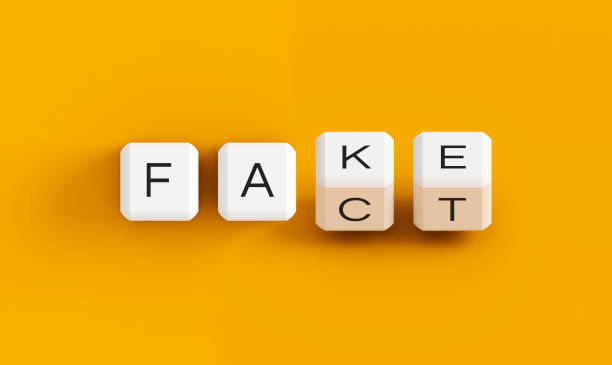
The COVID-19 pandemic brought with it an explosion of new misinformation, leaving many science communicators wondering why people believe false information and how to counter its spread. Even before COVID, social scientists were finding answers to these very questions. A 2019 PNAS piece by Dietram Scheufele and Nicole Krause provides a good overview, starting with the blurry line between being misinformed and being uninformed.
Although increasing individuals’ media literacy would address one aspect of the problem, basic human psychology makes even the most media-savvy among us vulnerable to misinformation. When we are exposed to new information, we interpret it in light of our preexisting values and beliefs using motivated reasoning and other cognitive biases. People who are more knowledgeable about a controversial topic are more likely to engage in motivated reasoning, not less (Drummond & Fischhoff, 2017). Feeling angry can also make people vulnerable to misinformation, and we are more likely to believe claims that we hear repeatedly (Scheufele & Krause, 2019).
While understanding these individual-level factors is important, science communicators must also recognize the contextual and societal factors contributing to misinformation (Scheufele et al., 2021), including many industries’ highly successful disinformation campaigns (Oreskes & Conway, 2010; Jacquet, 2022).
When debunking a false claim is necessary, consider using a “truth sandwich” structure: begin and end your message with the truth (Lewandowsky et al., 2020). But take care to avoid triggering other misconceptions in the process. For instance, a recent study found that correcting COVID vaccine misinformation by stating “mRNA vaccines do not contain live virus” can cause some people to view vaccines that do contain live viruses as riskier to society. Luckily, adding “In other vaccines, live viruses are used safely” seemed to lessen that unintended effect (Krause et al., 2023).
For a good overview of the psychology of misinformation, check out Ecker et al., 2022. Feel free to reach out to Scott Hershberger if you’re having trouble accessing any article mentioned here.



Leave a Reply